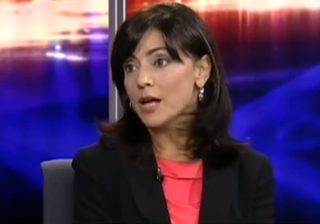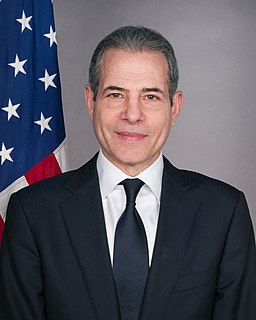A Quote by John McDonnell
If the government is injecting public money, it should also take the right to oversee board appointments, executive pay, and future business operations.
Related Quotes
The government being the peoples business, it necessarily follows that its operations should be at all times open to the public view. Publicity is therefore as essential to honest administration as freedom of speech is to representative government. Equal rights to all and special privileges to none is the maxim which should control in all departments of government.
In our election manifesto is: we keep the right to create money and to bring in circulation, for the cause of the government ... Those who do not share this view, reply us to the issue of paper money is for the banks, the government should stay out of the banking business. I agree with Jefferson's opinion ... and just like him I say again: the issue of money is a matter for the government and the banks should stay out of government activity.
Full financial citizenship means more than just a savings account and a way to transfer money and pay bills. It also requires access to credit along with the ability to accept payments and run a business, send money to family or transact business across borders, contribute to the community and help others in need, and invest for the future.
... between government, business, and the public, there is a triangular community of interest. Clearly, it is in business' interest to shape its behavior to prevailing public values; it is more efficient to do so than not to do so. It is also clear that government is the high-cost alternative through which public values are imposed on corporations that do not accurately perceive these values.
If you behave like a good citizen, and you upgrade and improve your property, your reward will be the government will take more money from you. So using that analogy, you should let your house become the shithole on the block and they'll reduce your taxes and you'll pay less. Be a bad citizen with your neighbors, right? You'll save money then.
We are delighted that these regulations are now law, and we commend the provincial government for helping put the issue on the front burner. These requirements will push more companies to have the conversations they should be having around board and executive committee diversity and, hopefully, their talent development. Businesses need to tap the full pool of smart, talented people to stay competitive and strengthen our country’s economic future.
The government's assertion that it must be unhindered in protecting our security can camouflage the desire to increase Executive power, while the press's cry of the public's right to know can mask a quest for competitive advantage or a hidden animus. Neither the need to protect our security nor the public's right to know is a blank check.
You could not possibly maintain the current level of government taxation without the taxes being hidden, and they are hidden in two very different ways. They are hidden through withholding, but they are also hidden by being imposed on business, supposedly on business, when really, of course, business can't pay taxes, only people can pay taxes.
Government, possessing the power to create and issue currency and credit as money and enjoying the right to withdraw both currency and credit from circulation by taxation and otherwise, need not and should not borrow capital at interest as a means of financing government work and public enterprises.
The policy of letting things alone, in the practical sense that the Government should never interfere with business or go into business itself, is called Laisser-faire by economists and politicians. It has broken down so completely in practice that it is now discredited; but it was all the fashion in politics a hundred years ago, and is still influentially advocated by men of business and their backers who naturally would like to be allowed to make money as they please without regard to the interest of the public.
The government in business may waste time and money without rendering service. In the end the public pays in taxes. The corporation cannot waste or it will fall. It cannot make unfair rulings or give high-handed, expensive service, for there are not enough people willing to accept inferior service to make a volume of business that will pay dividends.

































